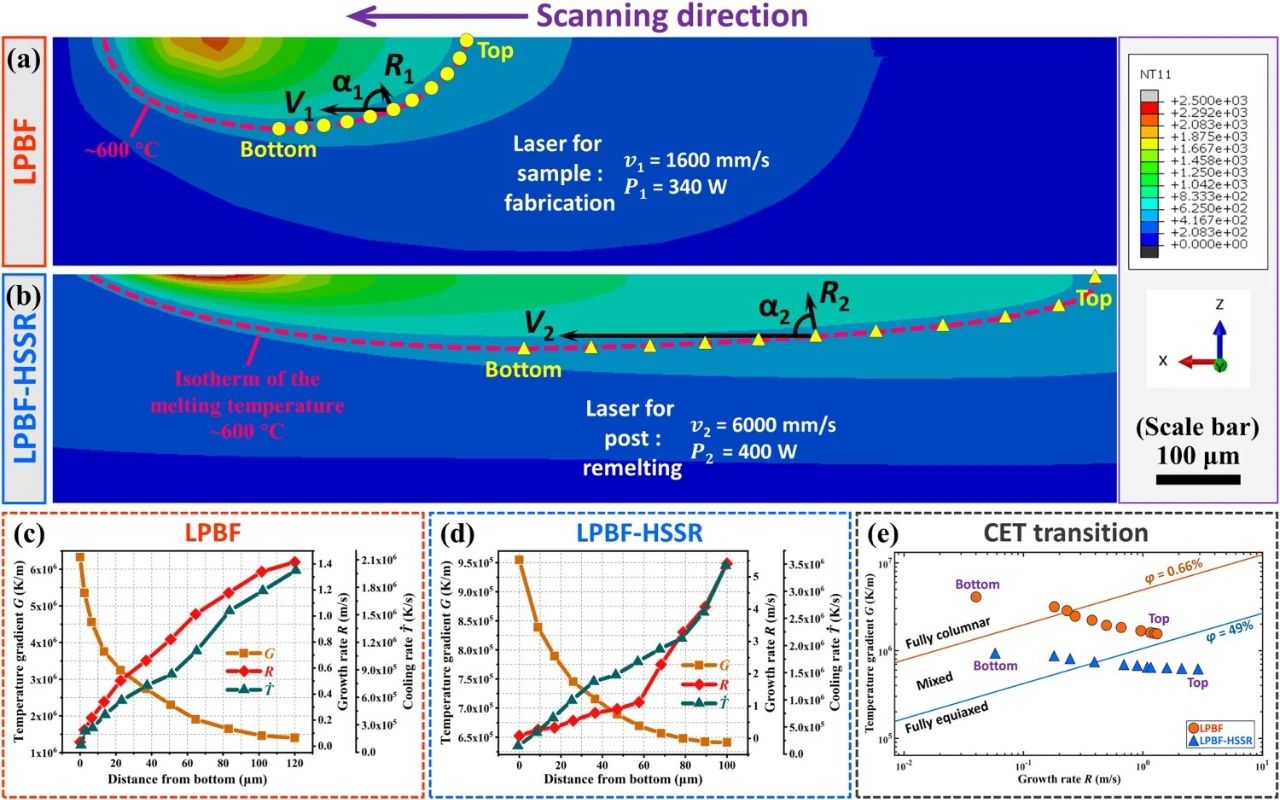Carrying the Tianzhou-6 cargo spacecraft, China’s Long March-7 Y7 carrier rocket took off from the Wenchang Space Launch Site in South China’s Hainan Province on Wednesday at around 9:22 pm. After a flight lasting 10 minutes, the flagship spacecraft for the China Space Station new phase entered its preset orbit, which, according to the China Manned Space Agency (CMSA), marked the success of the launch mission.

Bright Laser Technologies (BLT) was one of many businesses that helped Dalian University of Technology design and develop the “Dalian 1 Lian li Satellite” 12U high-resolution ground remote sensing satellite. The structural design, printing production of the satellite deployer frame are done by BLT.
Through optimization design and simulation analysis, the BLT team redesigned most of the structure of the deployer frame?matching the additive manufacturing process to further increase stiffness and reduce mass.

The deployer frame of the “Dalian 1-Lianli Satellite” consists of multiple components such as the main frame and the hatch, among which the main frame structure size is approximately 400mm × 400mm × 500mm with a minimum wall thickness of 1mm, which requires high precision for integrally formed parts. After analyzing the satellite service environment and forming difficulties, the BLT team selected AlSi10Mg and used the BLT-S800 printing system (equipped with eight 500 W lasers) to complete printing production, achieving rapid development of parts. After inspection, the dimensional accuracy of the key parts of the final production meets the operating requirements of the satellite to overcome space factors such as high and low temperatures, thermal vacuum, and atomic oxygen corrosion, ensuring the reliability of long-term in orbit storage and release. The BLT team has delivered the initial samples and finished products through process iteration.
 The picture shows the forming process of deployer frame.
The picture shows the forming process of deployer frame.
Aerospace remains the largest application market for metal AM in China with metal AM parts moving from the validation phase to serial production, followed by medical molds and tooling, dental, heat exchangers, education, energy and automotive.
In 2022, BLT’s revenue reached $140 million, a significant 66% increase from $80 million in 2021. Aerospace accounted for more than 60% of BLT’s revenue. By the end of 2022, with a market value of about $2.53 billion, BLT ranks first among the publicly traded AM companies worldwide.
In the future, BLT will collaborate with more commercial aerospace clients to use metal additive manufacturing technology to assist satellite launch missions and achieve more aerospace goals.



